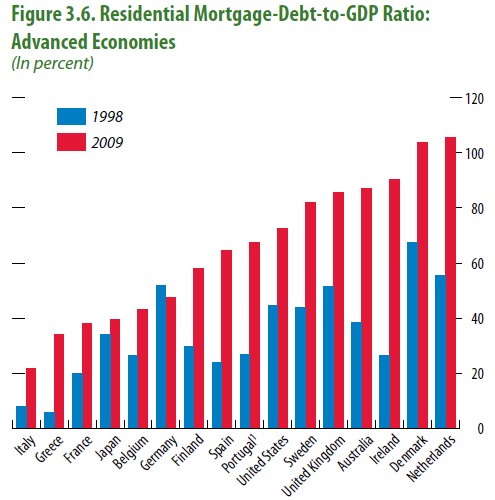Being gay, I have a lot of gay friends. From my observation I don't think home ownership rates are any different for gays, so I disagree.
Out of my circle of friends:
- One thinks you're mad to buy, renting is cheaper and he lives week to week on a median wage. I'm sure we all know someone like this.
- One never has any money because he is a PI negative geared to the max. I'm sure we all know someone like this.
- A couple who bought ~ 5 years ago and paying the mortgage down quickly so they can comfortably afford to have kids. I'm sure we all know someone like this.
- Around 3/4's own, and the rest rent.
I see a masters research topic in it!
I stand corrected. 75% owned is actually above the average of 70% owned but may I ask, of those who own, do they own as individuals or couples, % wise.
Is is for the thesis.
Peter


